I visited Ueno Zoological Gardens to see biological impacts of Fukushima No.1 nuclear power plant accident. Though I have visited various places in Japan to see the health consequences of the accident, I have never found any effect against creatures in Japan.
Ueno Zoological Gardens is the oldest zoo in Japan. Founded in 1882, it has grown over the years, expanded its area to 14.3 ha (35.2 acres) and been the flagship of the Japanese zoo world. Now it's home to over 2,600 animals from 464 different species and provides visitors with learning experience about the diversity of animals as well as fun and enjoyment. Located amid the downtown Tokyo, Ueno Zoo not only provides recreation, but also plays an essential role in wildlife conservation and public education. In an effort to breed endangered species, the zoo has completed the "Gorilla Woods" and "Tiger Forests."
Generally speaking, animal's growth is so fast than human beings that they are more sensitive to radioactive materials of the environment than us.
So I visited Ueno Zoological Gardens to see effects of the accident against creatures which are grown up by Japanese food and water. Fortunately, I could see them grown up safely and I couldn't find any impact of the accident. It seems that there is no problem for childbirth and child-rearing in Tokyo Japan.
Posted by Yoshitaka Kiriake from Japan on December 31, 2013.
上野動物園では卵を産む哺乳類「ハリモグラ」が展示されている。今年4月に生まれたゴリラの赤ちゃんは無事に成長しておりモモカと名づけられていた。7月に生まれたオオアリクイの赤ちゃんも大きくなっていた。スローロリスやニホンモモンガなど可愛い小動物も沢山いる。
Short-beaked Echidna
Marmoset
Chinese Pangolin
Slow Loris
Ueno Zoological Gardens
Google map
http://goo.gl/maps/GVwz9
Marmoset
Chinese Pangolin
Slow Loris
Ueno Zoological Gardens
Google map
http://goo.gl/maps/GVwz9
About Ueno Zoo
Giant Panda
Asiatic Elephant
Black-tailed Prairie Dog
De Brazza's Monkey
Eurasian Otter
Andean Condor
Asiatic Lion
Sumatran Tiger
White-handed Gibbon
Western Lowland Gorilla
She was born on April 24, 3013.
Triton Cockatoo
Fischer's Lovebird
Blue-crowned Hanging Parrot
Golden-breasted Starling
Toco Toucan
Giant Anteater
She was born on July, 2013.
Ruddy Kingfisher
Polar Bear
Mishima Cattle
Masked Palm Civet
Tokara Goat
Caribbean flamingo
Eastern Grey Kangaroo
Cotton-top Tamarin
Marmoset
Ryukyu Flying Fox
Six-banded Armadillo
Small Japanese Flying Squirrel
Lesser Bushbaby
Northern Night Monkey
Japanese foods are good and safe.
Because of stricter food safety law by Japanese government, we have no worry about foods.
2 and a half years have passed since Fukushima Daiichi nuclear power plant accident. I have visited various places of Japan to see the health consequence of the accident.
Fortunately I have never found any impacts by the accident among Japanese creatures. As far as I know, nobody has health problem which is caused by the accident in Japan.
Our Prime Minister Abe assures that "The situation is under control. The influence of the contaminated water is completely blocked within Fukushima. There are no health-related problems until now and there will never be health problems." He also said that "Tokyo is 250 kilometers away from Fukushima, and the kind of danger that you imagine does not exist in Tokyo. Tokyo is a very safe city."
As PM Abe said, Tokyo is very far away from Fukushima, people in Tokyo have no concern about the nuclear power plant accident. People in Tokyo have already forgotten the accident, because they think radioactive materials cannot reach there.
We know there is no problem for child birth and child rearing in Tokyo. So people in Tokyo are living without any concern about the accident.
I continue to visit various places in Japan to see the effects of the accident, because I can meet various creatures which are more sensitive to radioactive materials from the environment. It is important to see their health for our safety.
公衆衛生ネットワーク
Public Health Network in Japan














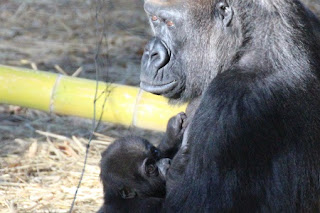
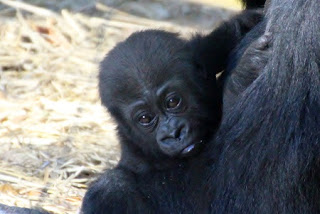



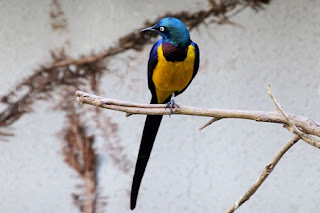


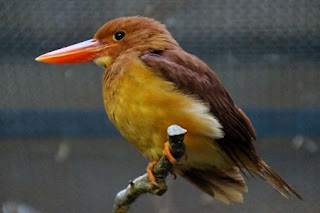

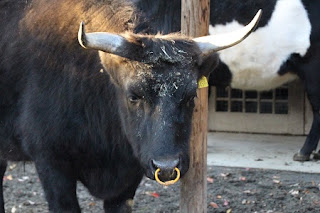
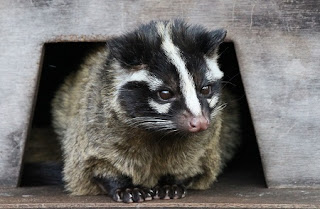







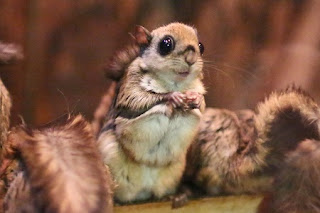


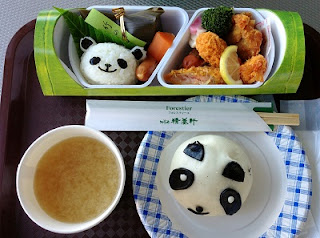

0 件のコメント:
コメントを投稿